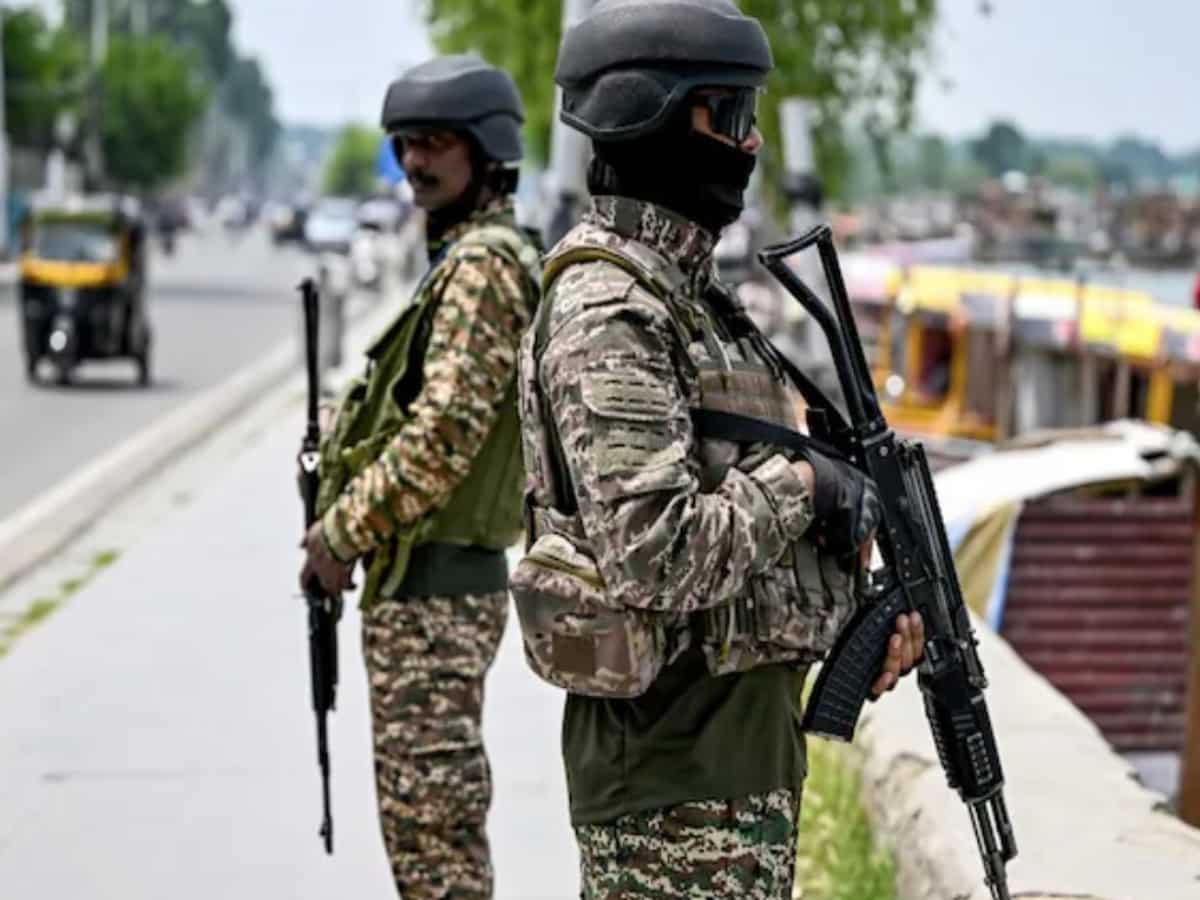Shortest Wars in World History: India and Pakistan agreed on a temporary ceasefire today (May 10, Saturday) after nearly 100 hours of aggression that started on May 7 post Pahalgam attack in Jammu and Kashmir. India’s Foreign Secretary, Vikram Misri, said that at Pakistan’s request, India agreed to a ceasefire with effect from 5 pm IST. Foreign Minister S. Jaishankar also announced that India and Pakistan have today worked out an understanding on the stoppage of firing and military action. US Vice President Mike Pence and its Secretary of State, Marco Rubio, have played key roles in this ceasefire.
The ceasefire is temporary, but it brought an end to a situation where both countries were on the brink of an official war. However, the aggression was limited to escalation and retaliation. It was a near-100-hour aggression between the countries that have a long history of confrontation post independence in 1947. However, in global history, there have been many instances where wars ended in a few minutes, days, or weeks. Here we take you through some of them –
British-Zanzibar War, 1896 (38 minutes)
Also known as the Anglo-Zanzibar War, the shortest war in history lasted less than 40 minutes (+/- 5 minutes) on August 25, 1896. After the sultan of Zanzibar died, his cousin Khalid bin Bargash took over the reins without British permission, whose approval was mandatory. British saw this violation as a proclamation of war and asked Khalid to surrender. The king hid himself in the palace. The British attacked and decimated the palace in less than an hour. The king fled to the German consulate, and the British took over until Zanzibar became free in 1964.
2. Six Day War, 1967 (6 days)
The war that happened from June 5 to 10, 1967, shaped the history of modern Israel, which nearly destroyed the Egyptian air force through preemptive attacks. The war was fought on 3 fronts- Egyptian Front, the Syrian Front, and the Jordanian Front. The United Nations intervened to start working on a ceasefire, but by the time all concerned forces agreed on it, Israel had captured the West Bank, the Gaza Strip, the Sinai Peninsula, and the Golan Heights.
3. India-Pakistan War of 1971 (14 days)
A decisive war through which India bifurcated Pakistan into two parts lasted for 14 days in 1971. The war, also known as the Bangladeshi Liberation War in 1971, started on December 3 when Pakistan launched airstrikes on multiple Indian airbases. India retaliated, joining the Bangladeshi civil war and decimating Pakistani forces. The war ended with Pakistani forces surrendering before India on December 16. The Instrument of Surrender was signed on the day. The end of the war also marked the separation of East Pakistan and Bangladesh’s birth.
4. Serbo-Bulgarian War, 1885 (15 days)
The Kingdom of Serbia declared war on the Principality of Bulgaria on November 14, 1885. Bulgarians had a less experienced Army, but it stayed united. Initially, Serbia was not very enthusiastic about war, but Serbian King Milan mobilised his army with the expectation of a quick victory over Bulgaria. The Serbs were expecting to occupy the Bulgarian capital, Sofia, but they suffered a decisive defeat at Slivnitsa and started retreating. On November 28, Austria and Hungary intervened and threatened Bulgaria with military action. The war ended on the same day.
5. Georgian-Armenian War, 1918 (25 days)
The war between the Democratic Republic of Georgia and the First Republic of Armenia started on December 5 when Armenian troops moved into Borchalo. The war was fought for the territories of Lori, Javakheti, and Borchalo. Citizens from both countries living in borderland areas suffered heavily. The British intervened and made both countries agree to sign a ceasefire on December 31. After the war, the disputed land of Lori became a neutral zone. Later, when Georgia and Armenia joined the Soviet Union, they divided the area.
Anurag Dhole is a seasoned journalist and content writer with a passion for delivering timely, accurate, and engaging stories. With over 8 years of experience in digital media, she covers a wide range of topics—from breaking news and politics to business insights and cultural trends. Jane's writing style blends clarity with depth, aiming to inform and inspire readers in a fast-paced media landscape. When she’s not chasing stories, she’s likely reading investigative features or exploring local cafés for her next writing spot.






